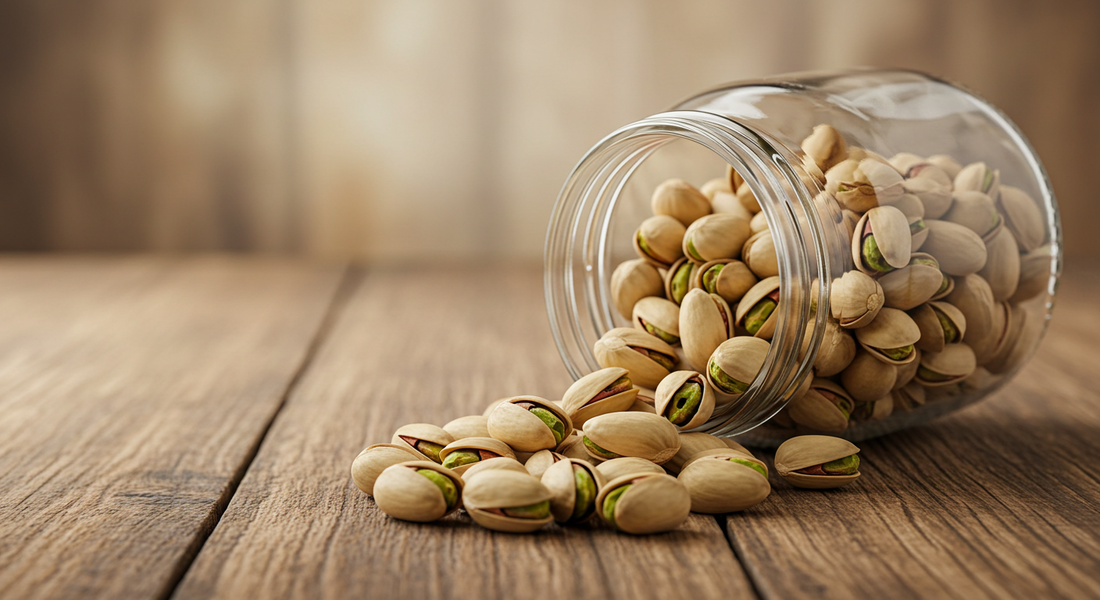Did you know pistachios can be good for your gut? We did some research and found that the science is really getting interesting in this area. It turns out pistachios are far more than just a tasty snack. They're actually little powerhouses for the trillions of bacteria living inside you.
You’ve probably heard about the gut microbiome—that complex community of microorganisms in your digestive system. We've been told it's kind of like a garden. If you want a healthy garden, you have to feed the right plants, right? In this case, the "right plants" are the beneficial bacteria. That's where pistachios come in. They’re what we call a "prebiotic," which is just a fancy word for a type of food that specifically nourishes and helps the good bacteria in your gut thrive.
It’s not just the general fiber in pistachios that does the trick. Recent research shows it’s a unique combination of their fiber and special plant compounds called polyphenols that makes them so effective. These compounds pass through your digestive system mostly untouched until they reach your gut, where they become a feast for your friendly bacteria.
A key study found that eating about 1/4 cup of pistachios a day can significantly increase the good guys in your gut, like Bifidobacterium and Lactobacillus. These are some of the most important bacteria for human health, helping to break down food and even make essential vitamins.
This process also leads to something called short-chain fatty acids, or SCFAs, with a particularly important one being butyrate. This is important stuff for your health. Butyrate is basically the primary fuel for the cells lining your colon. By nourishing these cells, you're strengthening your gut barrier, which is a crucial part of your body's immune system and helps keep things running smoothly.
So, while eating pistachios is a great move for overall health, their specific impact on nurturing a healthy gut is looking to be a huge benefit. It's a simple and delicious habit that can help support your well-being from the inside out.
And of course, we're not doctors. These are just a few bits and pieces of information we learned. Please consult a medical professional for your specific health goals and needs.
Looking to learn more? Here are a few articles we found:

